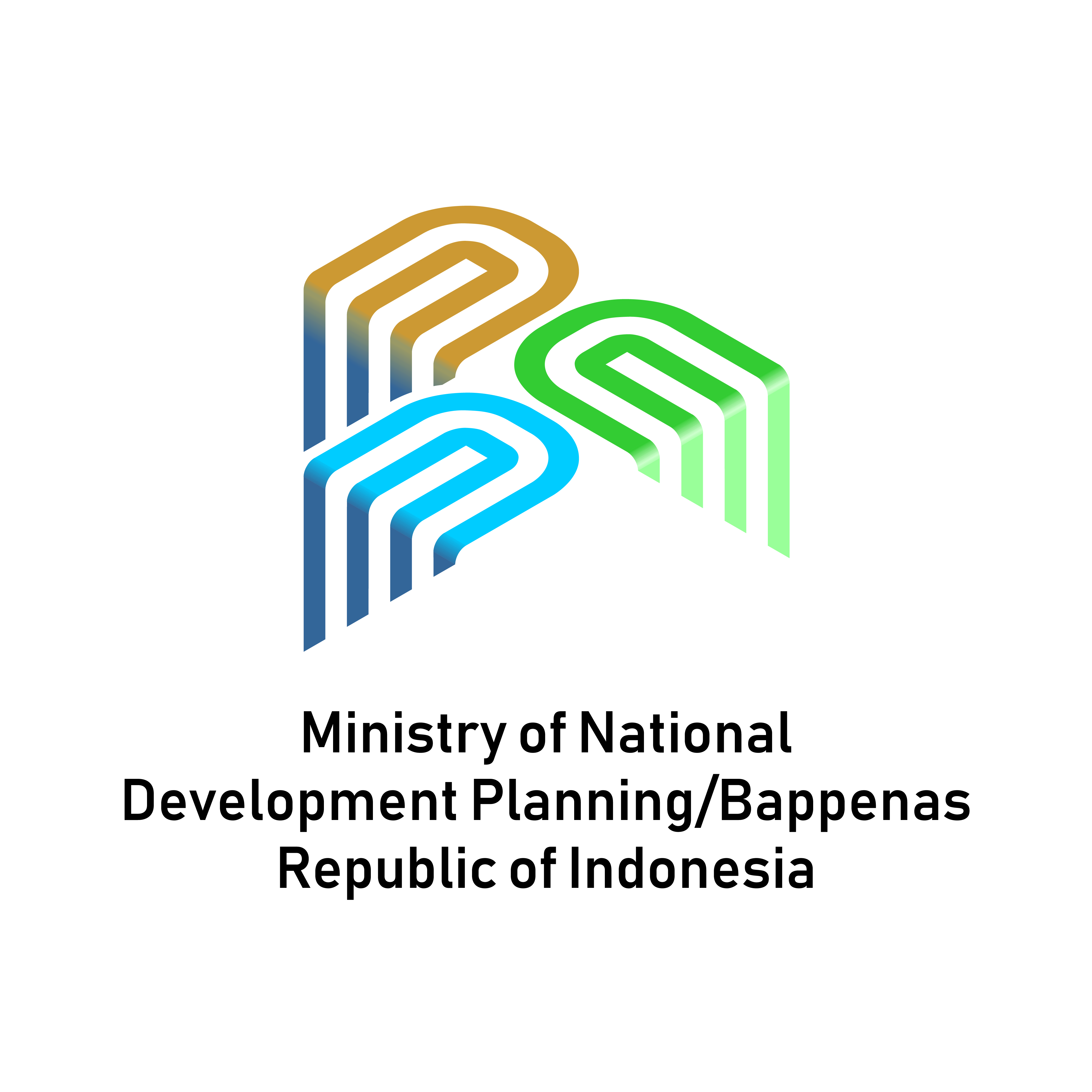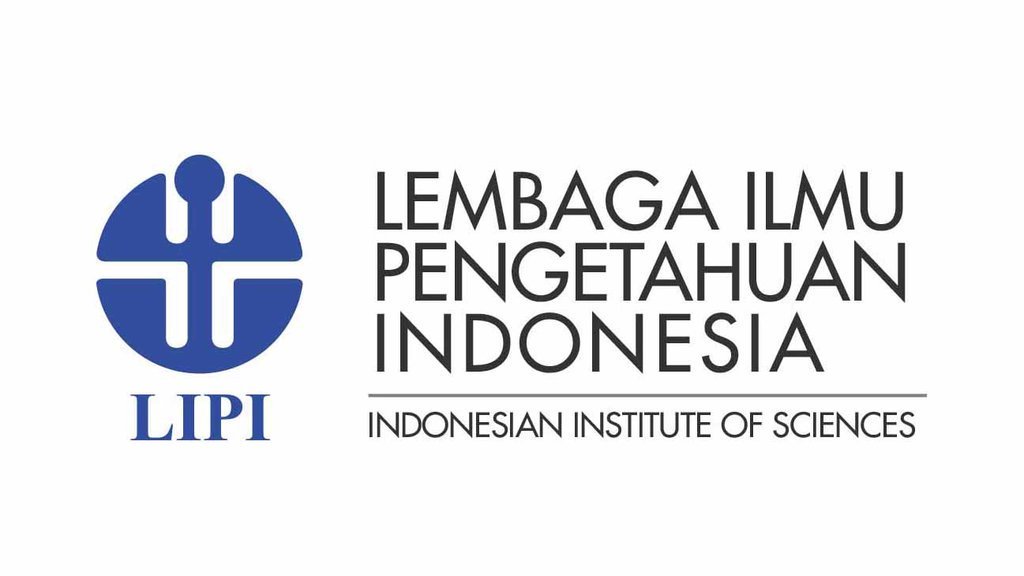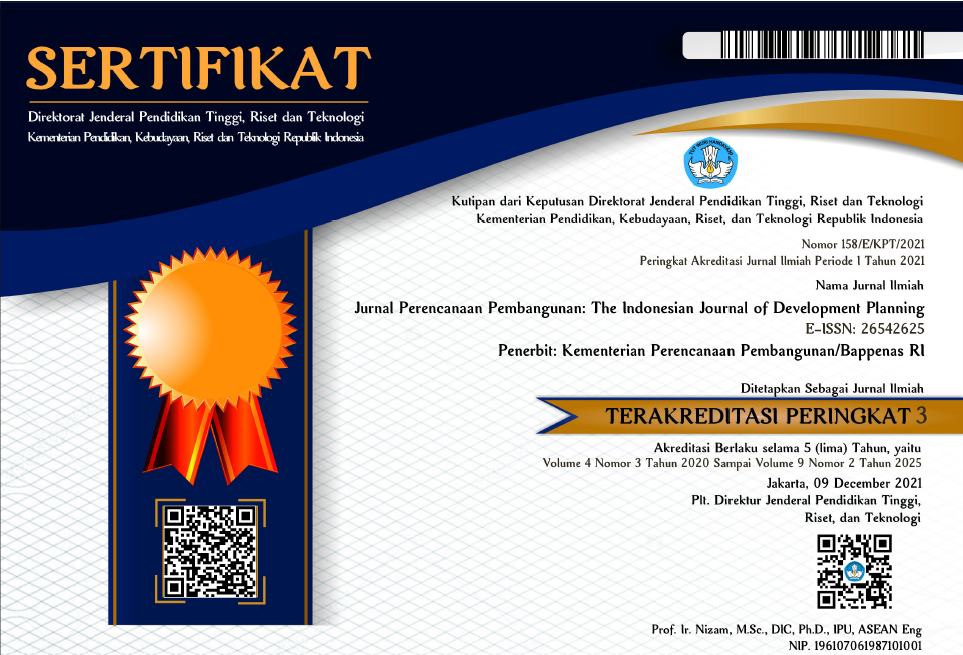An Assessment of the Future of Tourism in Salenrang Tourism Village, Maros Regency
DOI:
https://doi.org/10.36574/jpp.v8i2.591Keywords:
management, strategy, sustainability, tourismAbstract
This study aims to measure the level of tourism sustainability through community perceptions, and identify factors that influence future-orientated sustainability, as well as select the best strategy for long-term management. This was done because in Salenrang Village, Maros Regency, since it was established as a nature tourism destination in 2007, it has also absorbed labour, such as community involvement in management and local businesses. However, the surge in tourist flows has not fully prospered the local community, besides potentially causing ecological damage, degradation of natural quality, and conflicts of interest between stakeholders. This research uses quantitative and qualitative approaches. Quantitative data from the questionnaire survey, while qualitative data were obtained from in-depth interviews, document analysis and literature study. SOAR analysis was used to assess strategic factors and design future tourism management concepts. The results showed that overall, the natural tourism area of Salenrang Village has a fairly good indication of maintaining sustainability with the institutional dimension rated the strongest. However, there are several dimensional indicators that need further attention, such as waste management, increasing community income, and increasing knowledge about sustainable tourism. The SOAR analysis revealed strategic formulations to maintain its sustainability, such as the utilisation of community participation, the development of local creative industries, and educational programmes to be applied in maintaining its long-term sustainability, so that it becomes a guide for local governments, tourism managers, and other related parties in developing sustainable tourism management models based on community participation.
Downloads
References
Ames, H., Glenton, C., & Lewin, S. (2019). Purposive sampling in a qualitative evidence synthesis: A worked example from a synthesis on parental perceptions of vaccination communication. BMC Medical Research Methodology, 19(1). https://doi.org/10.1186/s12874-019-0665-4
Aquino, R. S., Lück, M., & Schänzel, H. A. (2018). A conceptual framework of tourism social entrepreneurship for sustainable community development. Journal of Hospitality and Tourism Management, 37, 23–32. https://doi.org/https://doi.org/10.1016/j.jhtm.2018.09.001
Bakkalbasioglu, E. (2020). How to access elites when textbook methods fail: Challenges of purposive sampling and advantages of using interviews as “fixers.” Qualitative Report, 25(3), 688–699. https://doi.org/10.46743/2160-3715/2020.3976
Cole, M. L., Cox, J. D., & Stavros, J. M. (2019). Building collaboration in teams through emotional intelligence: Mediation by SOAR (strengths, opportunities, aspirations, and results). Journal of Management and Organization, 25(2), 263–283. https://doi.org/10.1017/jmo.2016.43
Cole, M. L., Stavros, J. M., Cox, J., & Stavros, A. (2022). Measuring Strengths, Opportunities, Aspirations, and Results: Psychometric Properties of the 12-Item SOAR Scale. Frontiers in Psychology, 13(April), 1–17. https://doi.org/10.3389/fpsyg.2022.854406
Creswell, J. W. (2018). Research design: Qualitative, quantitative, and mixed methods approaches (5th edition). London: Sage Publications.
David Lee, M. M., & Kim, J. H. (2018). Collaboration, strategic plans, and government performance: the case of efforts to reduce homelessness. Public Management Review, 20(3), 360–376. https://doi.org/10.1080/14719037.2017.1285113
Ding, J. (2022). SWOT Approach for Audience Online Conversion Rate: An Applied Research on Scenic Spot Projects. Journal of Environmental and Public Health, 2022. https://doi.org/10.1155/2022/7795524
Dong, X. D., & Nguyen, T. Q. T. (2022). Power, community involvement, and sustainability of tourism destinations. Tourist Studies, 23(1), 62–79. https://doi.org/10.1177/14687976221144335
Dotto, D. M. R., & Slongo, L. A. (2020). Responsible Tourism - Divergences Between the Principles of Sustainability and the Actions of the Tourism Sector in Brazil. Almatourism: Journal of Tourism, Culture and Territorial Development, 11, 23–41. https://api.semanticscholar.org/CorpusID:225360450
Draçi, P., & Demi, A. (2023). Residents’ Perceptions of Sustainable Tourism Governance and Development. Corporate and Business Strategy Review, 4(2), 94–113. https://doi.org/10.22495/cbsrv4i2art9
Gadetska, S., Dubnitskiy, V., Khodyrev, A., & Kushneruk, Y. (2023). Excel-oriented calculator for calculating results of entropy analysis of data distributed by categories. Advanced Information Systems. https://api.semanticscholar.org/CorpusID:259400928
Goliath-Ludic, K., & Yekela, S. (2021). Resident’s perception of the environmental impact of tourism: A case study of the bawa community in Butterworth, South Africa. Geojournal of Tourism and Geosites , 33(4), 1527–1531. https://doi.org/10.30892/gtg.334spl12-603
Hakim, L., & Saefuddin, A. (2022). Introduction to Machine Learning Using R Konsep, Teori, dan Praktik. PT Penerbit IPB Press.
Heriyanto. (2018). Thematic Analysis sebagai Metode Menganalisa Data untuk Penelitian Kualitatif. Anuva, 2(3), 317–324.
Hermantoro, H. (2024). Desa wisata 3.0 (1st ed.). Kementerian Perencanaan Pembangunan Nasional /Badan Perencanaan Pembangunan Nasional.
Indayani, T., Sofiana, Y., Savitri, M., & Rahayu, R. R. A. (2021). Community Empowerment Through Product Display Design for Thematic Booth Display At the Exhibition Area in Tourism Village - South Bandung. ICCD, 3(1), 31–34. https://doi.org/10.33068/iccd.vol3.iss1.293
Kataya, A. (2020). Impact of Tourism Activities on Sustainable Community Development. Proceedings of the International Conference on Economics and Social Sciences. https://api.semanticscholar.org/CorpusID:242512495
Kennedy, A. M., Haydon, T., & Plano Clark, V. L. (2023). Building student-teacher relationships in an alternative education setting: a qualitative interview study. Preventing School Failure: Alternative Education for Children and Youth, 67(4), 221–232. https://doi.org/10.1080/1045988X.2022.2109564
Lee, T. H., & Jan, F.-H. (2019). Can community-based tourism contribute to sustainable development? Evidence from residents’ perceptions of the sustainability. Tourism Management, 70, 368–380. https://doi.org/https://doi.org/10.1016/j.tourman.2018.09.003
Map of Indonesia. (2023). Ina-Geoportal. https://tanahair.indonesia.go.id/map/
Maros, South Sulawesi, Indonesia map. (2023). Google. https://www.google.co.id/maps/place/Kabupaten+Maros,+Sulawesi+Selatan/
Mappasomba, Z., Hakim, D. H., Yusuf, M., Haidir, M., & Mannan, A. (2023). Analisis Prioritas Strategi Pengelolaan Desa Wisata Rammang- Rammang, Kabupaten Maros. Jurnal Environmental Science, 6(6), 107–119. https://ojs.unm.ac.id/JES/article/view/52028
Mappasomba, Z., & Suleman, R. (2024). Study of coastal land change in sand mining activities in Bandar Batauga Village, South Buton Regency, Indonesia . Journal of Degraded and Mining Lands Management, 11(3 SE-Research Article), 6059–6069. https://doi.org/10.15243/jdmlm.2024.113.6059
Morgan, H. (2022). Conducting a Qualitative Document Analysis. Qualitative Report, 27(1), 64–77. https://doi.org/10.46743/2160-3715/2022.5044
Nguyen, M.-U., Li, Y.-M., Nguyen, N. A., & Ho, P. (2022). Factors Affecting the Benefits for Households Participating in Tourism Activities in Phong Dien Tourist Village, Vietnam. Sustainability. https://api.semanticscholar.org/CorpusID:254517129
Rasdi, A. L. M., Som, A. P. M., Azinuddin, M., Nasir, M. N. M., & Hadi Khan, N. F. A. (2022). Local Community Perspective on Responsible Tourism and Destination Sustainability. Planning Malaysia, 20(3), 255–269. https://doi.org/10.21837/PM.V20I22.1143
Reindrawati, D. Y. (2023). Challenges of community participation in tourism planning in developing countries. Cogent Social Sciences, 9. https://api.semanticscholar.org/CorpusID:255735412
Riza Chakim, M. H., Mulyati, Sunarya, P. A., Agarwal, V., & Hikam, I. N. (2023). Village Tourism Empowerment Against Innovation, Economy Creative, and Social Environmental. APTISI Transactions on Technopreneurship, 5(2Sp), 162–174. https://doi.org/10.34306/att.v5i2sp.342
Santos, L. L., Cardoso, L., Araújo-Vila, N., & Fraiz-Brea, J. A. (2020). Sustainability perceptions in tourism and hospitality: A mixed-method bibliometric approach. Sustainability (Switzerland), 12(21), 1–18. https://doi.org/10.3390/su12218852
Seweryn Zielinski, Y. J., & Milanés, C. B. (2021). Factors that influence community-based tourism (CBT) in developing and developed countries. Tourism Geographies, 23(5–6), 1040–1072. https://doi.org/10.1080/14616688.2020.1786156
Stavros, J. M. (2020). SOAR 2020 and Beyond: Strategy, Systems Innovation and Stakeholder Engagement. AI Practitioner, 22(2), 70–91. https://doi.org/10.12781/978-1-907549-43-4-11
Streimikiene, D., Svagzdiene, B., Jasinskas, E., & Simanavicius, A. (2021). Sustainable tourism development and competitiveness: The systematic literature review. Sustainable Development, 29(1), 259–271. https://doi.org/https://doi.org/10.1002/sd.2133
Sukaris, S., Budiyonos, B., & Alkusani, A. (2019). Strengthening Marketing Access in Supporting the Management of Productive Economic Business in the Village Community of Sambipondok Sidayu Gresik. International Conference on Innovation in Research (ICIIR 2018) Strengthening, 88(Iciir 2018), 196–199. https://doi.org/10.2991/iciir-18.2019.37
Thiagarajan, B. (2023). Mastering Statistical Analysis with Excel (Issue April). https://www.researchgate.net/publication/370213954
Wang, L., & Yotsumoto, Y. (2019). Conflict in tourism development in rural China. Tourism Management. https://api.semanticscholar.org/CorpusID:158391246
Yunus, S., Mappasomba, Z., & Haidir, M. (2023). Analysis of mangrove ecosystem sustainability in the Biringkassi mangrove area, Pangkep District, Indonesia. Journal of Applied and Natural Science, 15(4), 1711–1719. https://doi.org/10.31018/jans.v15i4.5034
Downloads
Published
How to Cite
Issue
Section
License
Copyright (c) 2024 Jurnal Perencanaan Pembangunan: The Indonesian Journal of Development Planning

This work is licensed under a Creative Commons Attribution-NonCommercial-ShareAlike 4.0 International License.
This is an open-access article distributed under the terms of the Creative Commons Attribution-NonCommercial-ShareAlike 4.0 International License. Copyright © Kementerian PPN/Bappenas RI


















